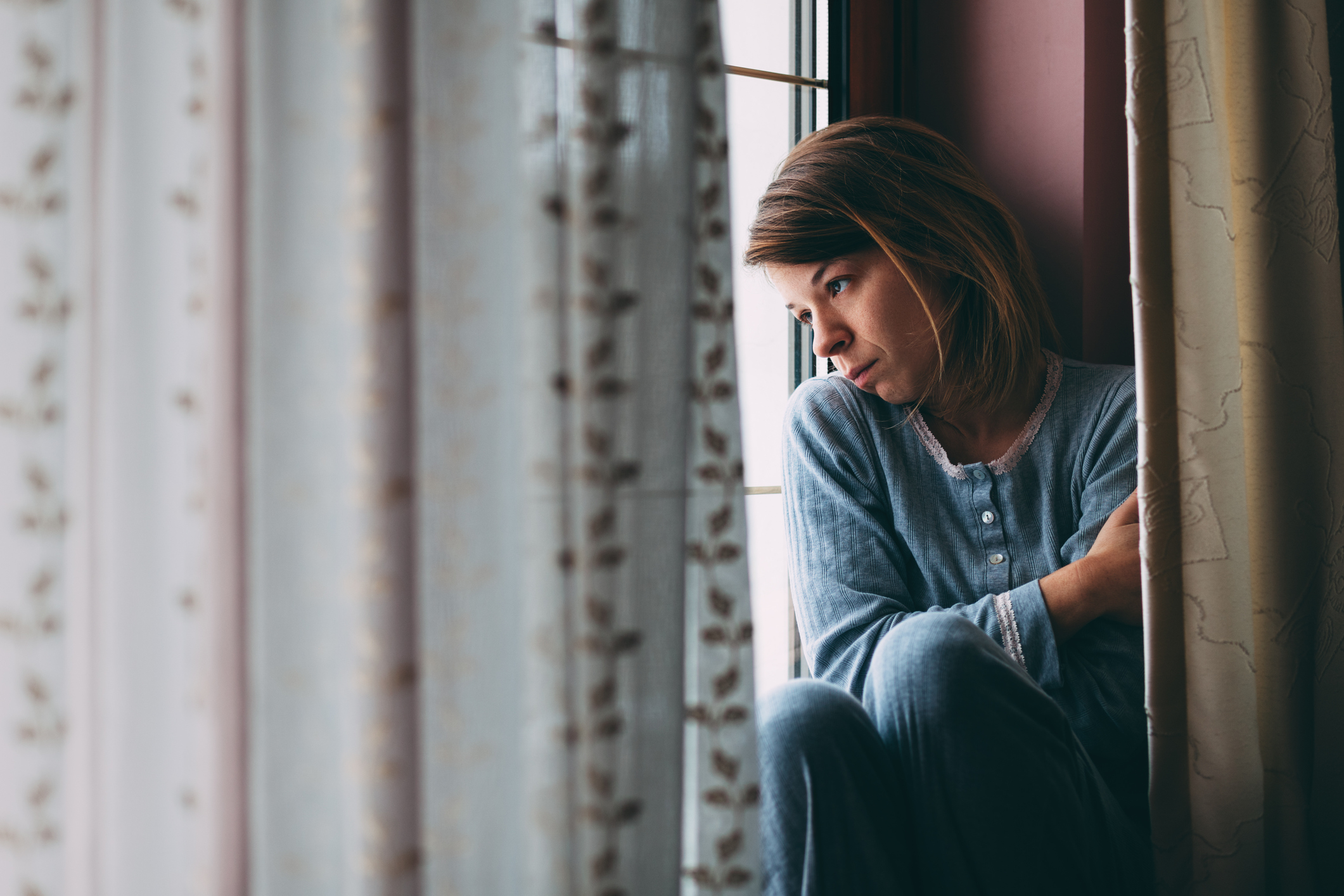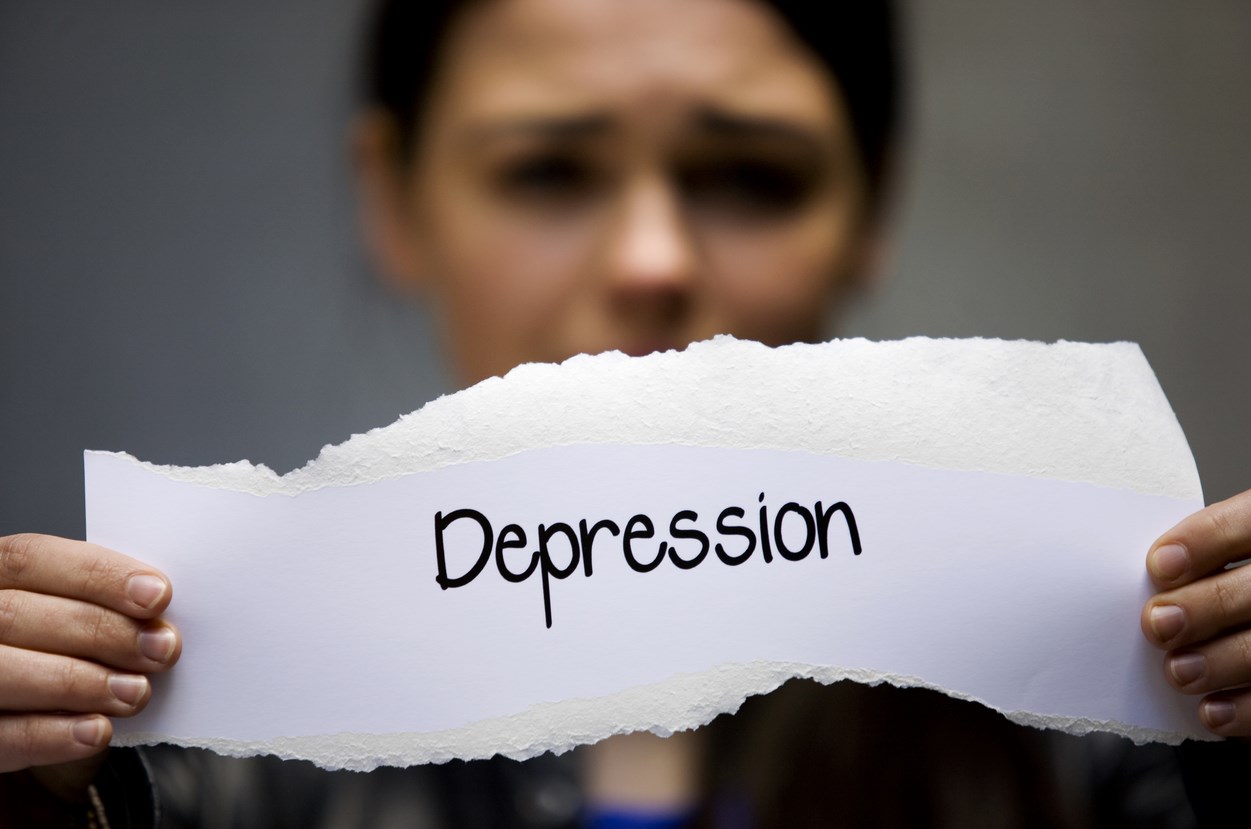Depression – Lone Galleries of Negativity
Depression is a state of sadness, vulnerability and disinterest due to certain chemical reactions in the brain. In psychiatry and psychology, it has been referred to as something chronic and severe in matters related to behavior and emotions. What may seem as fluctuations in mood, can turn fatal if balance cannot be restored. If proper care is not taken towards it then it might turn into a major illness hampering our regular course of life. Depression has been linked to stress, hormones, heredity and also sleep disorders.
Causes of depression:
It is not enough to indicate a single reason for depression as a number of factors contribute to it. Depression can be hereditary, induced by the environment, personal crisis, medical conditions and also their perception towards life in general.
- If depression is present in the parents or families, then the next generation begets it. Though this cannot be generalized.
- Some emotionally challenging reasons like problems in social life, changing jobs, coping up with new environment, relationship breakups can all result in depression.
- Alcohol and drugs can also aggravate the situation further, changing chemical compositions in the brain resulting in depression.
- Hormonal changes affect mood and so these medical conditions also help induce depression.
Reactions in the brain during depression: Neurotransmitters are chemicals that help to send messages from cell to brain. Thy control mood and when they run subdued, stress, anxiousness and depression may occur. There might not be sad reason or behavior that can prompt depression. This can be the result of genetic tendency towards depression that can make the neurotransmitters lose balance.
Various types of depression: Depression can be long and intense. Sometimes, the intensity can be severe but can go on for a week’s time, whereas sometimes it can be less intense and still go on for some years even. Major Depression and Dysthymia are the two types of depression that can be spotted. Major depression is the short-term severe depression and the less intense, long term one is termed Dysthymia. Another kind is called ‘adjustment disorder with depressed mood’, which takes on with a sudden shock or event of loss. When major depression is combined with episodes of mania, it is called as bipolar disorder. Mania is the term given to episodes of very high mood combined with unusual activity.

Symptoms of depression:
- Loss of energy and feeling tired all the time
- Sadness or low mood almost always
- Lack of communication with friends and family; sometimes complete withdrawal.
- Anxiousness, anger or bad temper.
- Getting no fun in pleasurable activities
- Lack of concentration
- Loss of weight or considerable gain
- Guilty feeling
- Odd sleeping patterns or sleeplessness.
- Feelings of darkness and pessimism
- Suicidal thoughts
Treatments offered: Depression can be treated with a lot of patience and care apart from medication. Talk therapy and medicines both can be combined to get the desired results. In these talk sessions, one can feel relaxed and understand means to combat depression. Doctors prescribe right doses of medicines for depression and this might take some time to work. Other activities, which uplifts mood, are very helpful, like – dancing, yoga, art or anything creative. Sometimes we just sit around and wait for depressive phases to get over, but we should not let it linger for long and seek professional help.
Help at hand: Severe depression can take the person to the brink of committing suicide. It is important that we reach out to such people and help them out. Friends are a great relief during such times as they can comfort and also take necessary action. Depression can happen to anyone and it does not signify madness. If you feel depressed then just reach out for help to your friends and professionals who will definitely bring a smile back on your face.

